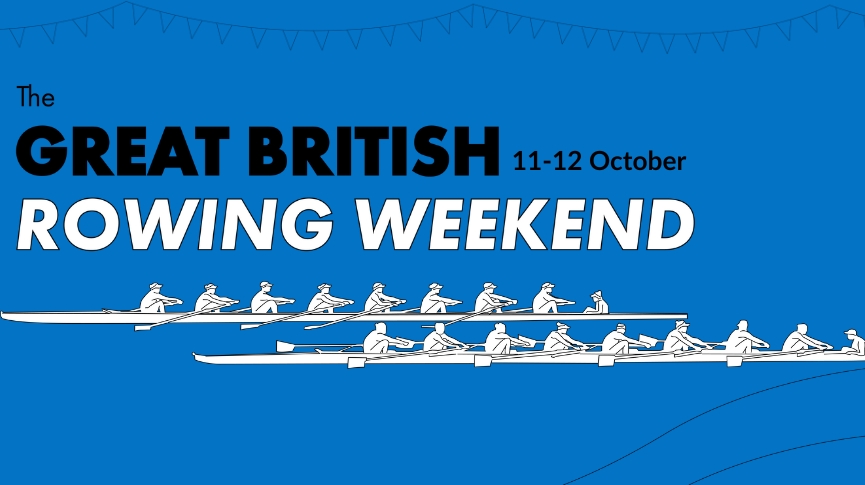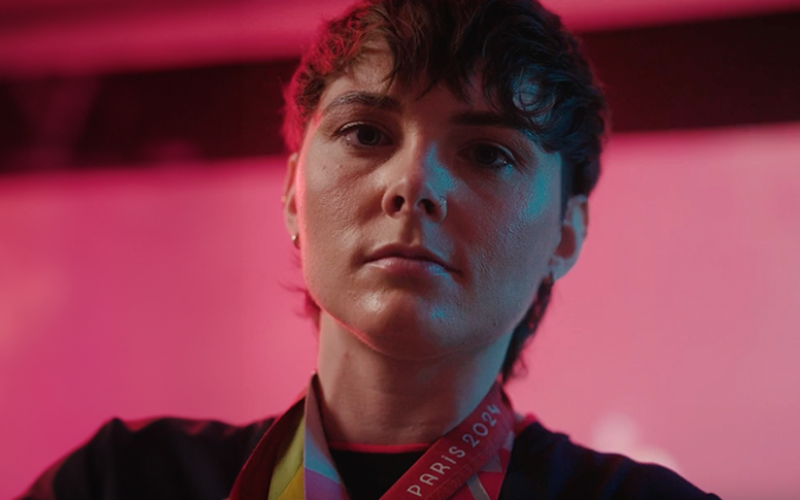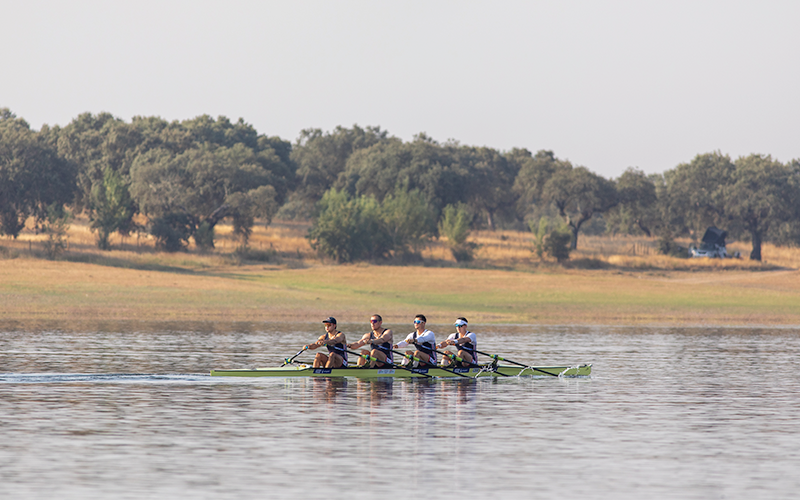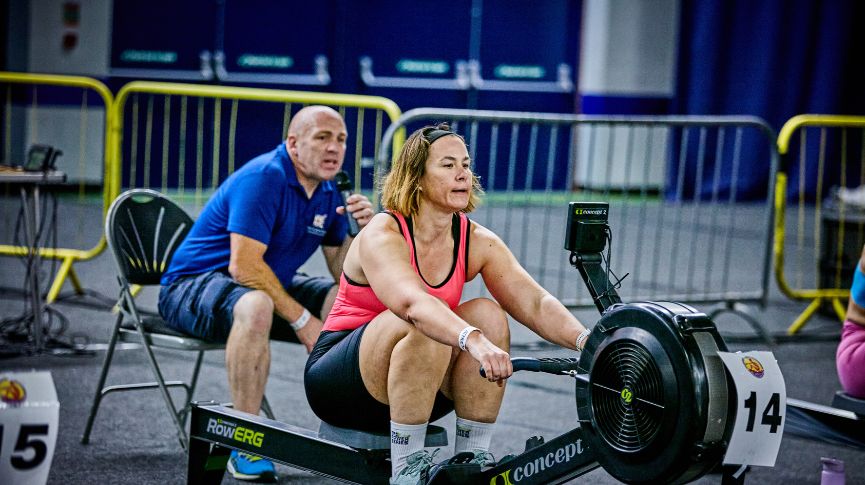The science behind a robust immune system and rowing performance
Are you supporting your immune system as you would support your training? The GB Rowing Sports Science Team explains more
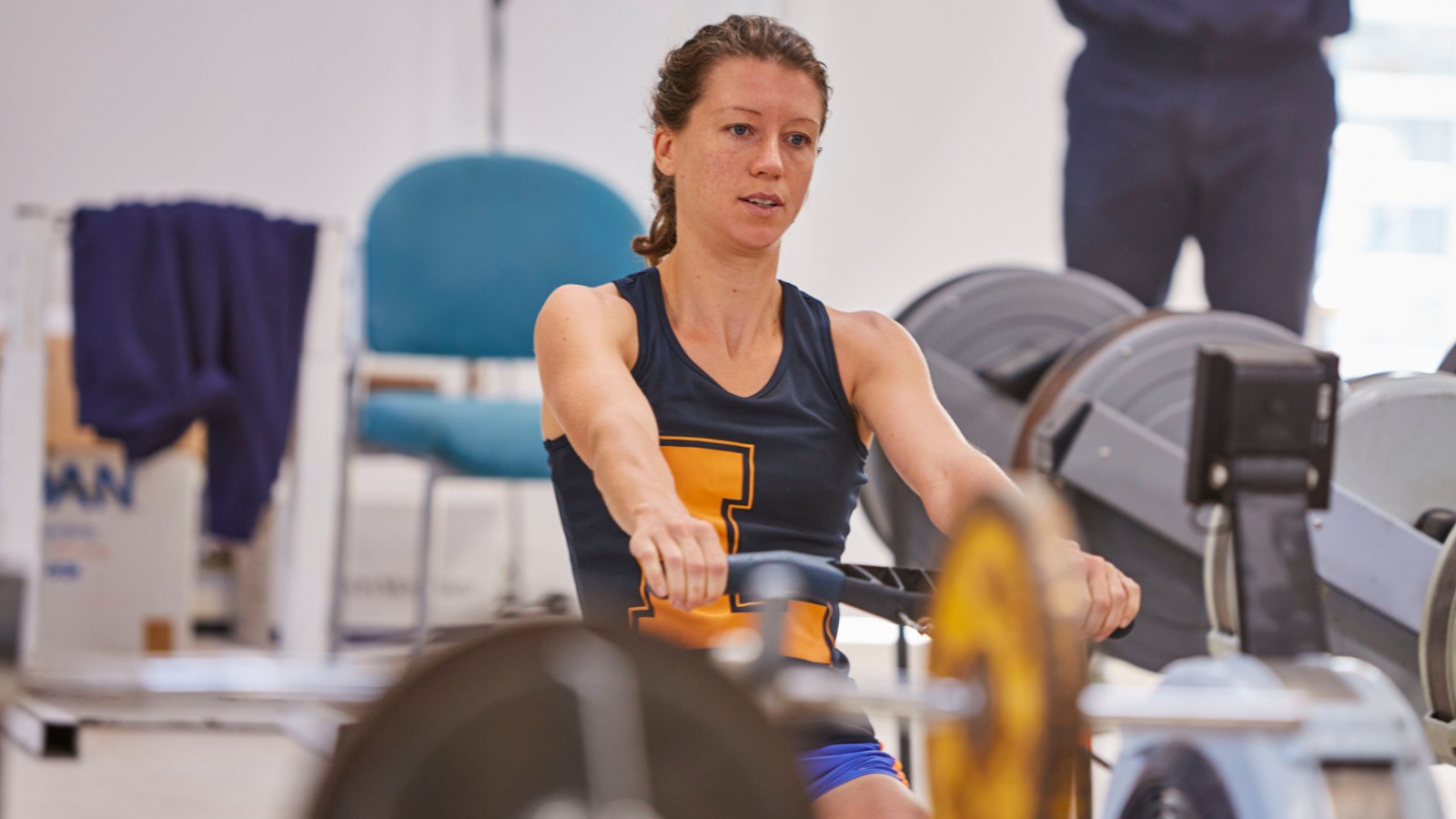
(c) Simon Way
Regular exercise and physical activity are crucial for both physical and mental well-being and have been permitted throughout the government’s Covid-19 lockdown strategy.
With rowing clubs and waterways restricted, the rowing machine has been the mainstay of many training programmes. However, to supplement this, cross-training i.e. walking, running, or cycling, has become an important outdoor release for many. For the Olympic and Paralympic teams, the message was clear: follow the government’s and British Rowing’s Covid-19 advice on socially distanced training, but also, health comes before performance when it comes to fitness.
The national team programme has been modified to support the body’s immune function and lower the risk of catching an illness. This message still stands and is also appropriate for recreational and highly trained rowers.
For some individuals, lockdown will mean that there is more time to train compared to normal. While individuals engaging in moderate physical activity are at lower risk of illness compared with sedentary individuals, it is believed that some training methods may suppress immune function, and therefore increase the risk of infection.
Health comes before performance when it comes to fitness
The British Association of Sports and Exercise Sciences reviewed the topic, concluding that acute bouts of exercise cause a temporary depression of immune function that will usually last for three to 24 hours after exercise, depending on the intensity and duration of the exercise bout. Immune function is most severely depressed when exercise is continuous, prolonged (more than 1.5 hours), of moderate to high intensity, and performed without food intake. This is thought to be a result of increases in circulating stress hormones, alterations in the pro-/anti-inflammatory cytokine balance, and a reduction in the cells of the adaptive immune system, called lymphocytes.
Professor Mike Gleeson, a Loughborough University researcher specialising in immunology, also found that extended periods of intensified training can compromise immune function.
Immune function indices in rested elite athletes are generally similar to their sedentary counterparts. However, when an elite athlete trains multiple times per day, immune function might not fully recover from successive training sessions, and some functions can become chronically depressed. It is therefore important to follow a training programme that your body is already accustomed to.
Completing a training diary can help to monitor the frequency, duration, and intensity of sessions and help you to manage your training load appropriately. Additionally, approaching recovery i.e. rest, diet, and sleep in the same way that you would approach the training, will help to maintain a robust immune system.
Large increases and spikes in weekly training time may depress immune function
Although some exercise may increase the risk of illness, regular moderate exercise also reduces the risk of infection compared with a sedentary lifestyle. A team of researchers from the University of Bath has debated whether the immune system changes in a negative or positive way immediately after exercise.
The authors believe that a reduction in the frequency and function of lymphocytes, following prolonged exercise does not reflect immune suppression, but instead a heightened state of immune surveillance and regulation. So, over an extended period, regular exercise can be beneficial.
They concluded that the risk of infection is more likely to be inadequate diet, psychological stress, insufficient sleep, travel and, pathogen exposure at large social gatherings. This highlights the importance of focusing on good recovery practices alongside your training.
With competitions likely to be more limited than normal, during this period, exercise and training should put health before performance. This doesn’t mean you have to avoid virtual races and lockdown challenges, but make sure that you support your immune system if you are attempting to do so.
The acute effects of exercise on immunity are multi-factorial, however, if you fuel, hydrate, recover and sleep well you will come out of lockdown ready to take on next season.
Top tips
- Long rides and long runs will not suppress immune function if you are fuelled appropriately. Eat a carbohydrate-rich meal two to three hours before the session and take snacks for during sessions that are greater than 90 minutes.
- Aerobic capacity (fitness) can be improved through consistent and quality training; however, large increases and spikes in weekly training time may depress immune function. Complete a training log to track your training habits and shift your focus to recovery strategies to support the training you complete.
- Whilst exercise may also aid immune function, the risk of illness is also influenced by factors outside of training. Minimising contact with ill people, large crowded areas and hand hygiene is still the first defence against infections.
- A healthy, well-balanced diet, including adequate carbohydrate and fruit/veg containing vitamin C, alongside a robust recovery and sleep strategy will support your training goals during lockdown.
This article was written by Dr Gareth Turner, EIS Physiologist with the GB Rowing Team.


